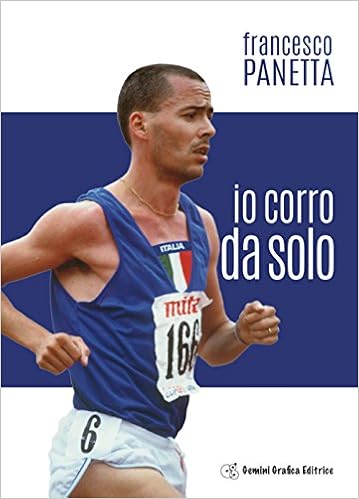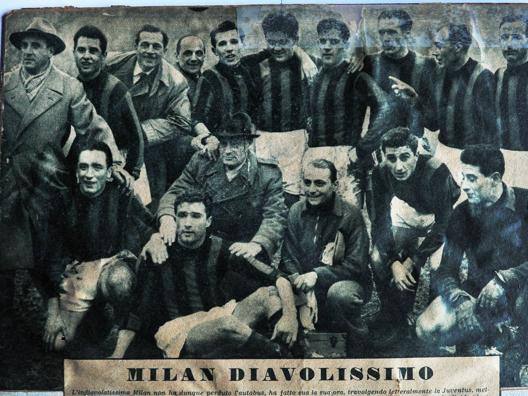A key factor for the improvement of the work of the coaches is the ability to evaluate their professional experience, with particular emphasis on the interactions with the athletes or team in training and in competition. The coaches must evaluate the effectiveness and efficiency of the work done, the reactions of the athletes and the difficulties and the solutions proposed.
This task must be carried out continuously over time, focusing on what happens during the workout and in competition.It is, therefore, not an episodic activity that takes place because they have to solve a problem, but it must be planned as an activity should be part of the usual way of doing things. In this sense, the coaches are facilitators, since they encourage the creation of a suitable climate to carry out training, developing the athletes’ competitiveness and their winning mentality. The coaches have to think to their professional experiences and need to be aware of:
- the decisions they take,
- the parameters that will enable to know that the training has been effective,
- the expectations about their athletes in connection with the training/competitions they perform,
- the difficulties they may face and the solutions to be adopted,
- how to deal with the competitions and how to evaluate the results,
- the plan to deal with unforeseen and unexpected events,
- what makes a successful or unsuccessful season,
- how they might handle the tough times that will inevitably arise,
- how to face with the stress related to their profession,
- how they work with the staff and the management.







